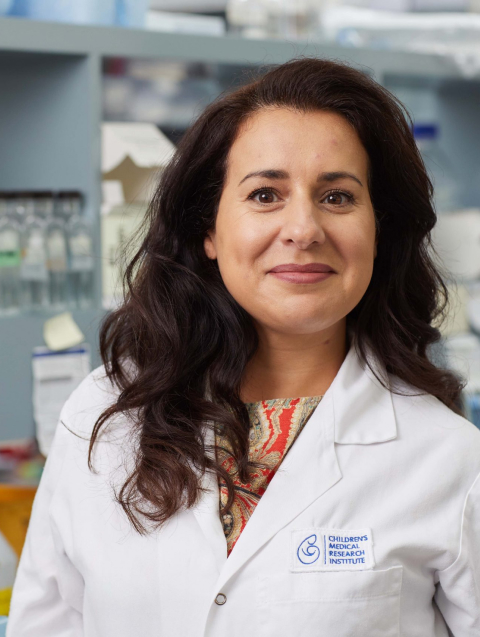Project Aim
Age related macular degeneration (AMD) is a major cause of blindness in Australia. New “anti-VEGF” (Vascular Endothelial Growth Factor) medications, which are injected directly into the eye, have revolutionised the treatment of “wet” AMD, however, 10-15% don’t respond and continue to go blind.
The injections of these anti-VEGF drugs also have inherent ocular and systemic risks, so limiting their number would be desirable if the same visual result could be achieved. If we knew of a way to predict treatment outcome, then decision making could occur on an individual basis, taking into account all potential risks and benefits as they relate to the individual. We are currently not in the position to offer this personalized approach.
It is now known that inflammation plays a key role in AMD development. Several studies, including our own, have shown that markers of inflammation that are found in the blood are higher in people with AMD. As these markers may identify those with more aggressive disease that does not respond to monthly dosing with ranibizumab, we plan to investigate whether inflammatory markers in the blood can predict the response a patient with wet AMD will have to anti-VEGF treatment.
The aim of this project is was to conduct the first multi-centred randomised clinical trial of a novel microsurgical nanosecond laser based prophylactic treatment for early AMD that, if successful, will dramatically reduce the amount of vision loss in our community.
Summary
These results introduce the concept of “tailored medicine” where combined genetic testing and inflammatory biomarker levels may be used to predict the risk of developing AMD.
In addition, although our results with regards to biomarkers predicting treatment response are very preliminary, with only a limited sample, they do highlight our ability to detect these cytokines in our patient’s serum, and show a trend that we are likely to detect a significant difference between the two treatment response groups with a larger study sample.

Chief investigator:
Professor Robyn Guymer
Centre for Eye Research Australia, Melbourne
Co-investigator/s:
Dr Lyndell Lim, Centre for Eye Research Australia, Melbourne
Grant awarded:
$30,000 (2011)
Research Impact Reports
Establishing novel AAV gene editing for Usher Syndrome
Project Aim The aim of this project was to establish proof-of-concept for a new type...
Using RNA-silencing to tackle neuroinflammation in retinal degeneration
Project Aim The aim of this project was to develop...
Improving real-world mobility and assessing long-term safety outcomes with a retinal prosthesis (“Bionic Eye”)
Project Aim This project aimed to measure visual outcomes of...
RNA base editing strategies as potential therapeutic of inherited retinal dystrophies
Project Aim This study aimed to use a new genetic...




